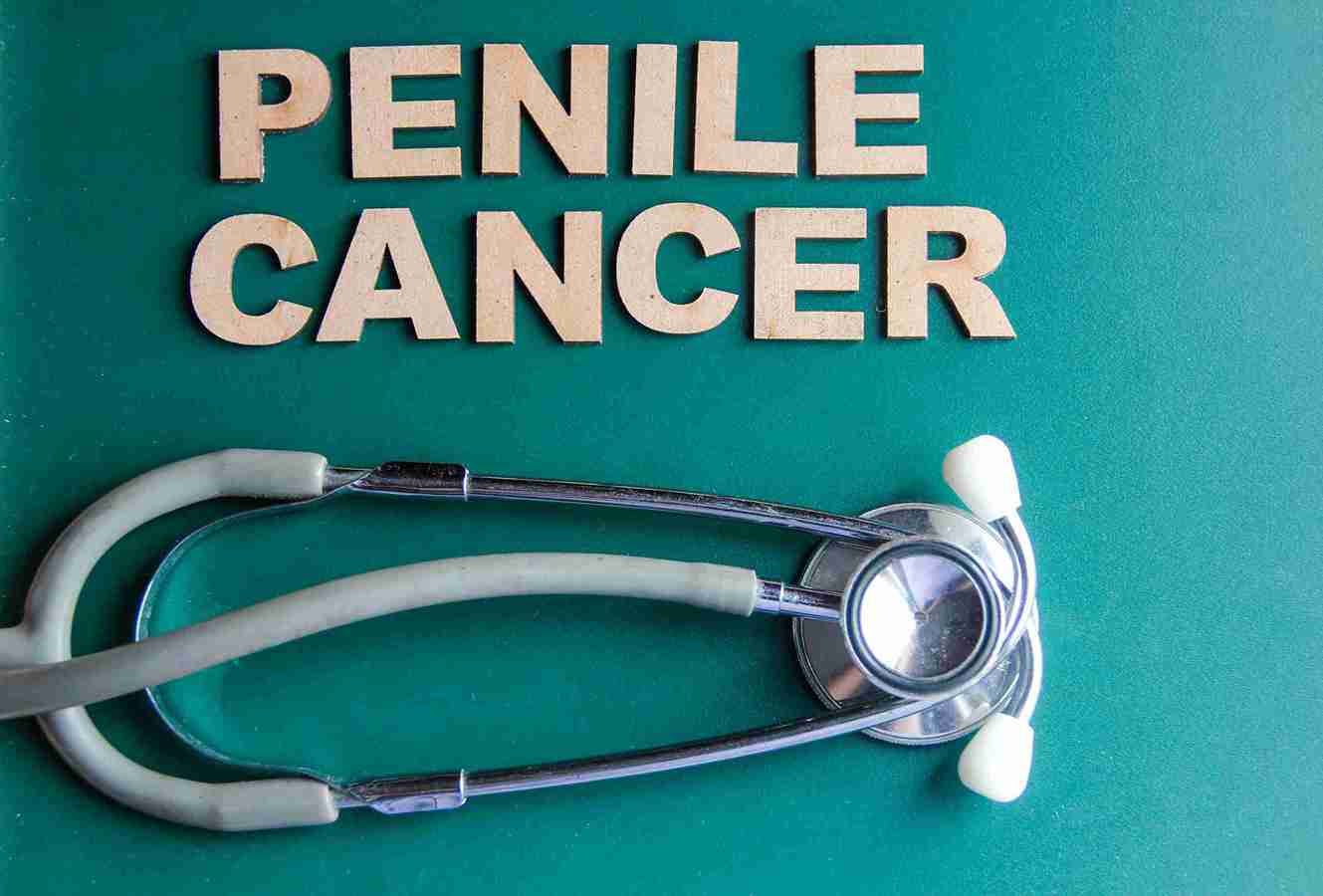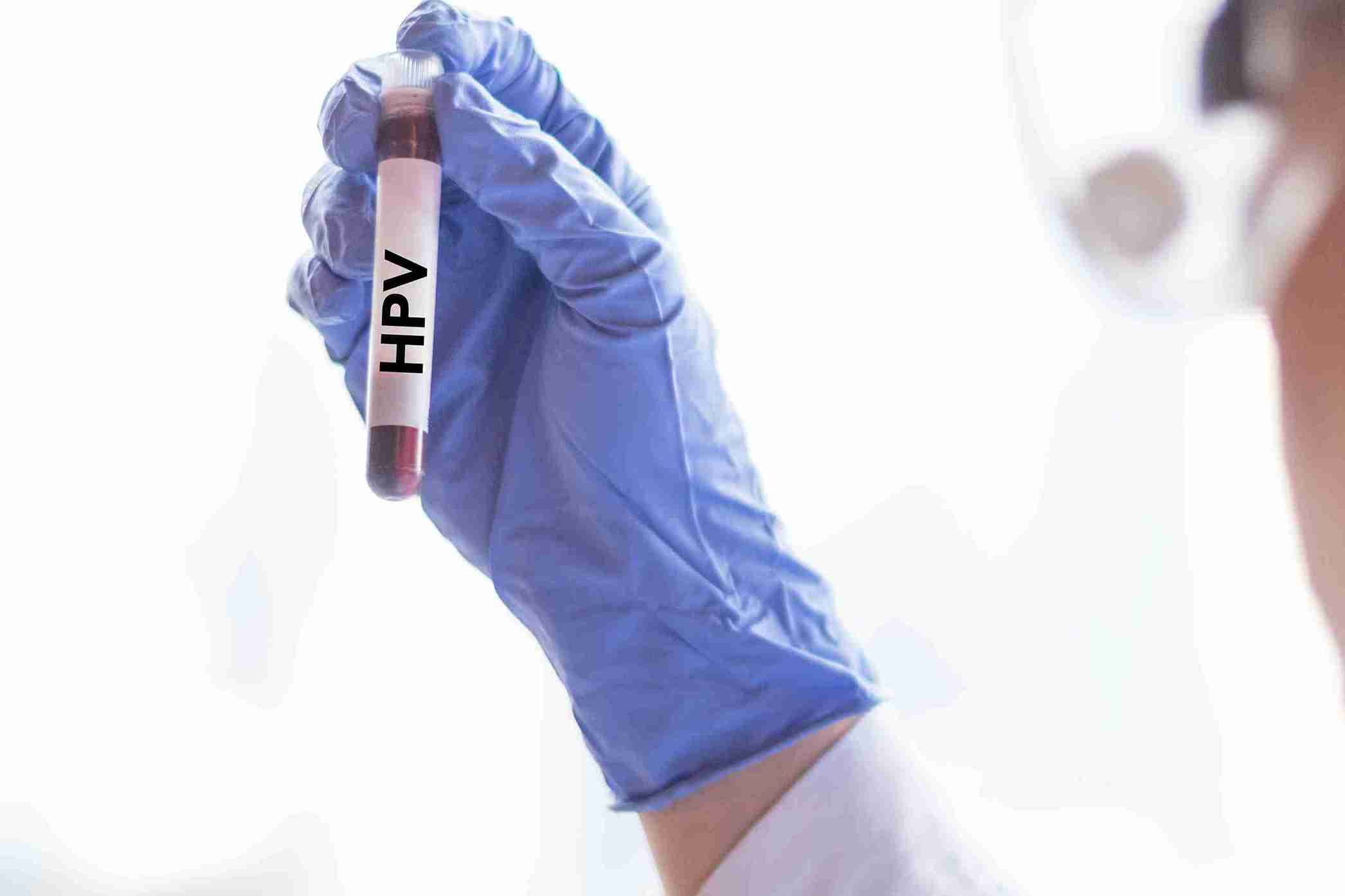CONSULTANT
CONSULTANT
Jewel Urology Center, Mumbai
Nanavati Hospital, Mumbai
Saifee Hospital, Mumbai
DR. VIVEK VENKAT
Compassionate Evidence-Based Ethical Cancer Care

WHAT IS PENILE CANCER?
WHAT ARE ITS CAUSES?
Penile cancer is an abnormal growth over the penis which usually arises at its tip (glans or foreskin).
It has the potential to spread and be lethal to the patient.
Any abnormal growth or swelling on the penis, or any long-standing ulcer or wound or area
of discolouration should be examined by a urologist.
It is an uncommon cancer and the exact cause is unknown. The common risk factors are:
- Smoking
- Inability to retract the prepuce (phimosis) with resultant hygiene problems
- Human papilloma virus (HPV) infection (which can be associated with aggressive disease)
- History of radiation.




WHEN IS SURGERY NEEDED FOR PENILE CANCER?
A surgical biopsy may be needed to confirm the diagnosis of penile cancer and its exact type.
Once the diagnosis is confirmed, surgery is also the best treatment for penile cancer.
Surgical removal of the penile lesion can achieve excellent cure in early stages.
In more advanced stages and high-grade tumors, the local inguinal lymph nodes are removed surgically.
This allows better staging and may also be curative in some patients.
Doing this surgery robotically has reduced complications and allows for quicker recovery.
WHAT ARE THE SURGICAL ALTERNATIVES FOR PENILE CANCER?
- Very small tumors on the foreskin may be treated with circumcision alone, however most patients need a more extensive surgery.
The extent of surgery depends on the size and location of the tumor. It is important to obtain a good margin of tissue around the tumor to eliminate the risk of recurrence. Circumcision
- This is performed when the tumor is small enough that obtaining a good margin (1-2cm) still allows preservation of a functional penile stump (>2cm).
- Most patients would be candidates for partial penectomy.
- Variations of this approach like glansectomy, etc. are done in selected cases.
Partial penectomy
- This involves removal of the entire penis and its roots up to the pubic bone with creation of a new urinary passage behind the scrotum (perineal urethrostomy).
- This is needed in large tumors which invade the base of the penis (uncommon).
- A second procedure to reconstruct the penis by plastic surgery can be attempted once all cancer treatment is complete.
Radical (total) penectomy
- The inguinal lymph nodes are the first site of spread from penile cancer and carry important prognostic information about the disease.
- In patients with high-grade tumors, lymph node dissection is recommended even if there are no lymph nodes felt on examination (palpable nodes) or on the imaging (CT scan or PET scan). A staging dissection can be performed by a superficial or modified technique to reduce complications.
- In all patients who have palpable nodes, a thorough or radical inguinal dissection is needed. In some cases the pelvic lymph nodes may also be removed.
- Doing these procedures by a robotic approach (Video endoscopic inguinal lymphadenectomy – Robotic VEIL) also reduces the risk of complications and allows for a quick recovery.
Inguinal lymph node dissection (+/- pelvic lymph node dissection)
WHAT ARE THE COMPLICATIONS OF SURGERY?
- Bleeding – The penis is a vascular organ and bleeding can occur needing blood transfusion. This is more common in radical penectomy and radical lymph node dissections.
- Narrowing of the new urinary opening (meatal stenosis) – This can sometimes occur after partial or total penectomy. A revision surgery is rarely needed.
- Infection – Most infections are mild and respond very well to antibiotics.
- Temporary urinary difficulty – Men may need to have a catheter for a while.
- Flap necrosis, lymphorrhea – The skin in the groin may necrose after inguinal lymph node dissection or there may be watery discharge of lymph. This may need dressings or a flap or graft by plastic surgery for treatment.
- • Leg swelling or lymphedema – The skin in the groin may necrose after inguinal lymph node dissection or there may be watery discharge of lymph. This may need dressings or a flap or graft by plastic surgery for treatment.


HOW TO PREPARE FOR THE SURGERY?
- Basic investigations to assess your fitness for surgery.
- If a urinary infection is detected you will be placed on appropriate antibiotics.
- Blood thinners will need to stopped for about 5-7 days before the surgery and this should be discussed with your cardiologist.
WHAT TO EXPECT DURING AND AFTER THE SURGERY?
- Depending on the type of anesthesia you choose you may be awake (if spinal anesthesia below the waist level is used) or completely asleep (general anesthesia, which is essential for robotic surgery).
- The penile surgery typically lasts for 1-3 hours depending on the extent. Inguinal lymph node dissections may take 3-4 hours.
- Once you are awake you will notice the urinary catheter which is a tube inserted into the bladder to drain the urine because of the immediate swelling after the surgery. It is generally left in place for 2-3 days. Most men experience an odd sensation and occasional discomfort because of the catheter and feel like passing urine. This is very common and gradually reduces as the man gets used to the catheter.
- Hospital stay depends on the procedure (1-2 days of partial penectomy, 5-7 days for total penectomy or lymph node dissections).
WHAT ARE THE RESULTS OF PENILE CANCER SURGERY?
- Surgery has an excellent cure rate in early disease.
- In more advanced cases, the addition of lymph node dissection provides important information on prognosis and may be curative in some cases.
- In patients with multiple positive lymph nodes, pelvic lymph nodes or distant metastasis chemotherapy is needed.
Penile cancer is not common. Any abnormal growth, discolored area or long-standing wound on the penis should be examined by a urologist.
Surgery is the best treatment for penile cancer. Radiation can be used in some cases however it is not as effective and has more complications.
This depends on the procedure performed. For circumcision it may not be needed. For partial penectomy and total penectomy 5-7 days may be needed.
Plastic surgery to reconstruct the penis can be performed.
Jewel Urology Center
No. 89, N. S. Road Number 1,
Navpada, JVPD Scheme,
Andheri West
Mumbai 400049, India
(m):+919136041545
Visiting Hours : Mon-Sat 4.30 - 6 pm
By appointments only
Email: appointments@drvivekvenkat.com
Phone:+919136041545
Whatsapp: +919136041545
Nanavati Max Hospital
S.V road, Vile Parle west
Mumbai 400056, India
Visiting Hours : Mon-Sat 2 - 4.30 pm
Email: appointments@drvivekvenkat.com
Phone:+919136041545
Whatsapp: +919136041545
Saifee Hospital
15/17, Maharshi Karve Rd,
Opposite Charni Road Station East,
Mumbai 400004, India
(m):+919136041545
Visiting Hours : Thursday 11am - 1 pm
By appointments only
Email: appointments@drvivekvenkat.com
Phone:+919136041545
Whatsapp: +919136041545

 docvivek@gmail.com
docvivek@gmail.com


